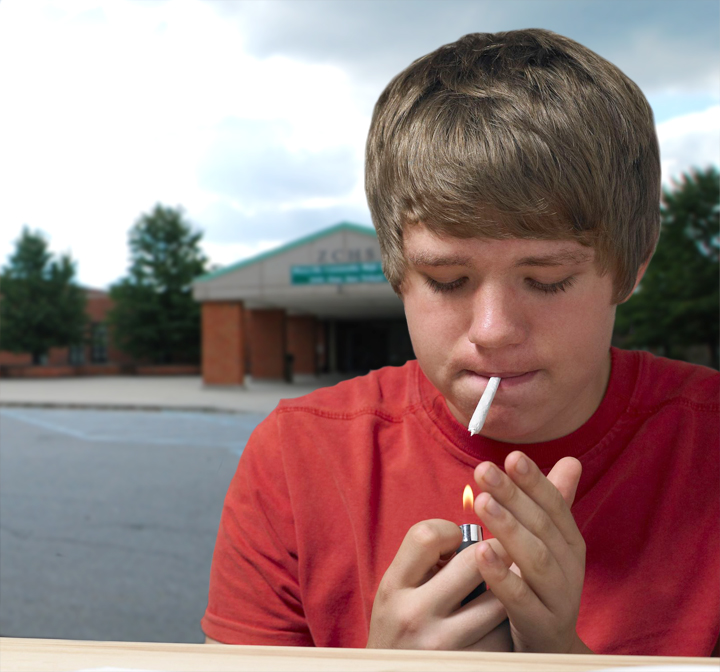What is the research on the effectiveness of RDT programs in schools?
The research on the effectiveness of RDT programs is mixed. A recent study in the Journal of Studies on Alcohol and Drugs from Jan. 2014 found that RDT programs alone are a relatively ineffective drug-prevention policy and concluded that improved school climate has a greater impact on reducing substance abuse. Another study from the Institute of the Education Sciences in 2010 that followed up on RDT programs implemented with schools who had earned U.S. Department of Education, Office of Safe and Drug Free Schools grants found that, “Some 16 percent of students subject to drug testing reported using substances covered by their district’s testing in the past 30 days, compared with 22 percent of comparable students in schools without the program. Similar patterns were observed for other measures of student-reported substance use, but those differences were not statistically significant.”
Our recommendation is in line with both of these findings. We believe that an RDT program is just one component of a comprehensive plan to create a culture of healthy life choices. The research is clear that students covered under an RDT program report lower rates of use of the tested substances. Additionally, programs like our annual healthy life choices convocation and After Prom are focused on creating and supporting a climate where students can develop the relationships described in the Journal of Studies on Alcohol and Drugs study as effective in reducing substance use. A key to the success of the addition of an RDT program to our overall healthy life choices interventions is that the implementation must remain focused on communicating our expectations and goals with our students and applying consequences focused on encouraging the restoration of healthy life choices.
Will the cost of implementing the program redirect funds away from the classroom?
No. Our proposed RDT program will be funded completely from the proceeds from our vending machine and concessions revenues and no school district general fund dollars will be repurposed to implement this program. Anticipating a random draw of a number of participants that can be tested during one class period and conducting between three and seven unannounced tests per year at a current cost of $36/student, our annual maximum implementation cost will be between $5,000 and $6,500.
1. Under this policy, Zionsville Community School Corporation will pay for all initial random drug tests, all initial reasonable suspicion drug tests, and all initial “follow up” drug tests.
2. A request on appeal for another test of a “positive” urine specimen is the financial responsibility of the student or his/her parent/guardian.
3. Counseling and subsequent treatment by non-school agencies is the financial responsibility of the student or his/her parent/guardian.
4. A custodial parent/guardian request for voluntary inclusion in the RDT pool as a non-selected participant is the financial responsibility of the parent/guardian. Is an RDT program constitutional? Yes.
Board of Education v. Earls (2002) is the United States Supreme Court case which upheld the constitutionality of mandatory drug testing by public schools of students participating in extracurricular activities.



